Romanticism and Fantasy: The Gothic
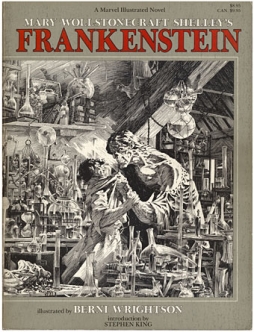 This is the fifth in an ongoing series of posts about Romanticism and the development of fantasy fiction; you can find previous installments here, here, here, and here. To recap so far: I’ve looked at the emergence of the fantastic in English literature in the 18th century up to about 1789, noting that it was connected to a strain of antiquarianism. Then I looked at developments in French literature, which included the creation of a tradition of literary fairy tales as well as stories based on the Arabian Nights; last week I looked at German writing, and noted that the 1789 publication of Friedrich Schiller’s popular Der Geist-Sehrer, The Ghost-Seer, helped foster a tradition of popular horror writing in German which had a complex relationship of mutual influence with another horror tradition in England. That English tradition is what I aim to write about this week: the Gothic novel.
This is the fifth in an ongoing series of posts about Romanticism and the development of fantasy fiction; you can find previous installments here, here, here, and here. To recap so far: I’ve looked at the emergence of the fantastic in English literature in the 18th century up to about 1789, noting that it was connected to a strain of antiquarianism. Then I looked at developments in French literature, which included the creation of a tradition of literary fairy tales as well as stories based on the Arabian Nights; last week I looked at German writing, and noted that the 1789 publication of Friedrich Schiller’s popular Der Geist-Sehrer, The Ghost-Seer, helped foster a tradition of popular horror writing in German which had a complex relationship of mutual influence with another horror tradition in England. That English tradition is what I aim to write about this week: the Gothic novel.
Today, the adjective ‘gothic’ implies a certain aesthetic, deriving from the word’s use to describe a certain kind of horror writing that had its height in the 1790s. That usage is a largely modern phenomenon. At the time, writers of books we now call ‘gothic’ mostly described their works as ‘romances.’ (Certain critics, incidentally, have argued that gothic writing is distinct from Romanticism proper; my definition of Romanticism is broad, and certainly includes works self-consciously written in the romance tradition.)
Why ‘gothic’? Before about the middle of the 18th century, ‘gothic’ referred to the Germanic peoples who sacked Rome, and by extension to the Middle Ages that followed the fall of the Western Roman Empire. ‘Gothic’ therefore also meant things that were outdated or obsolete, and particuarly all that was crude or tasteless. It tended to imply superstition, and the marvellous. It was implicitly opposed to the classical. As an adjective, it could mean English or German, Druidical, Norman, Tudor, even, in some contexts, ‘Oriental’.
 Now that there’s actually more than one good fantasy show on network television, I’ve decided to step back from the detailed Supernatural post mortem (so to speak) and instead to provide a weekly update on the happenings of these fantasy television series all at once. So, here we go with the breakdown for last week’s shows:
Now that there’s actually more than one good fantasy show on network television, I’ve decided to step back from the detailed Supernatural post mortem (so to speak) and instead to provide a weekly update on the happenings of these fantasy television series all at once. So, here we go with the breakdown for last week’s shows: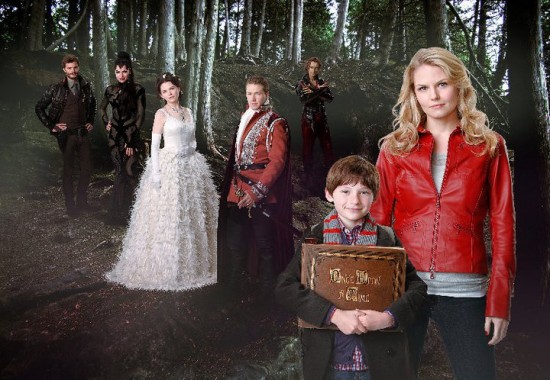
 Well, just as everyone is remarking on how the new conversant iPhone is making science fiction true to life, one pretty big part of the science fiction imagination remains just that; while the 21st century has not only arrived, we’re a decade into it, but we won’t be taking any sight seeing trips to Mars in the near future. Even a suborbital cruise will have to wait until 2013. The overly ambitiously and to-date technically impossibly named
Well, just as everyone is remarking on how the new conversant iPhone is making science fiction true to life, one pretty big part of the science fiction imagination remains just that; while the 21st century has not only arrived, we’re a decade into it, but we won’t be taking any sight seeing trips to Mars in the near future. Even a suborbital cruise will have to wait until 2013. The overly ambitiously and to-date technically impossibly named 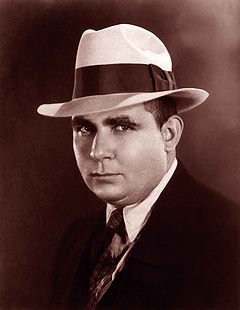
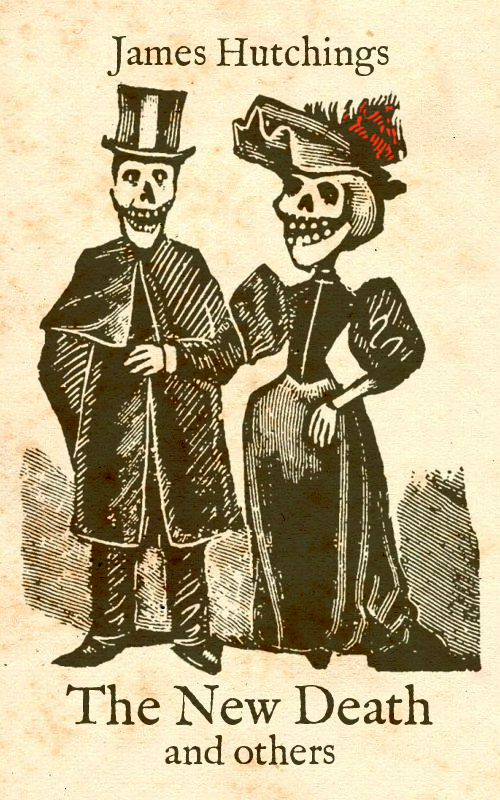
 Swords from the Sea
Swords from the Sea
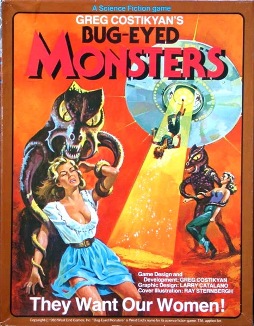
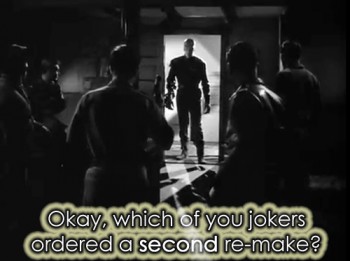 The Thing from Another World (1951)
The Thing from Another World (1951) This is the latest in a series of posts about Romanticism and the development of fantasy. You can find prior posts
This is the latest in a series of posts about Romanticism and the development of fantasy. You can find prior posts